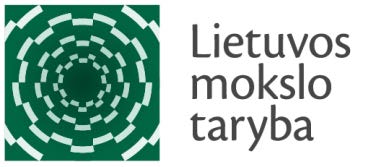During the global pandemic of COVID-19, the wearing of protective equipment became mandatory, resulting in a significant increase in the amount of medical waste collected, such as medical protective masks, gloves, and other protective equipment. Disposable medical masks, once released into the environment, have a particularly high impact on the environment, as various microplastics enter the food chain and eventually accumulate in the human body, and the damage caused by these microplastics is still being investigated. Disposable medical masks usually have three layers, which are made of different polymers such as polystyrene and polypropylene. Mixtures of these materials are difficult to recycle due to their inhomogeneity and are often incinerated in specialized landfills. The incineration of these medical masks releases a variety of toxic chemicals into the environment. As disposable medical masks are classified as hazardous waste, the application of thermochemical processes for the recovery of masks could be one of the solutions to turn this harmful waste into a recoverable raw material for the sustainable production of energy products. This project will involve the analysis of the gaseous and liquid products formed during the gasification of triple-layer disposable medical face masks by gas chromatographs (GC/TCD, GC/FID) and the thermogravimetric analysis of the carbon formed and its surface composition by different methods (BET, CNNs, EDX). The aim of this project is to carry out a gasification study on disposable three-layer COVID-19 masks, which will allow the determination of the product formation yields and the study of their compositions.

Project Team
| Name, surname | Office | phone. | |
|---|---|---|---|
|
LEI Representative |
|||
| Nerijus Striūgas | 103-LK | +37037401932 | Nerijus.Striugas@lei.lt |





